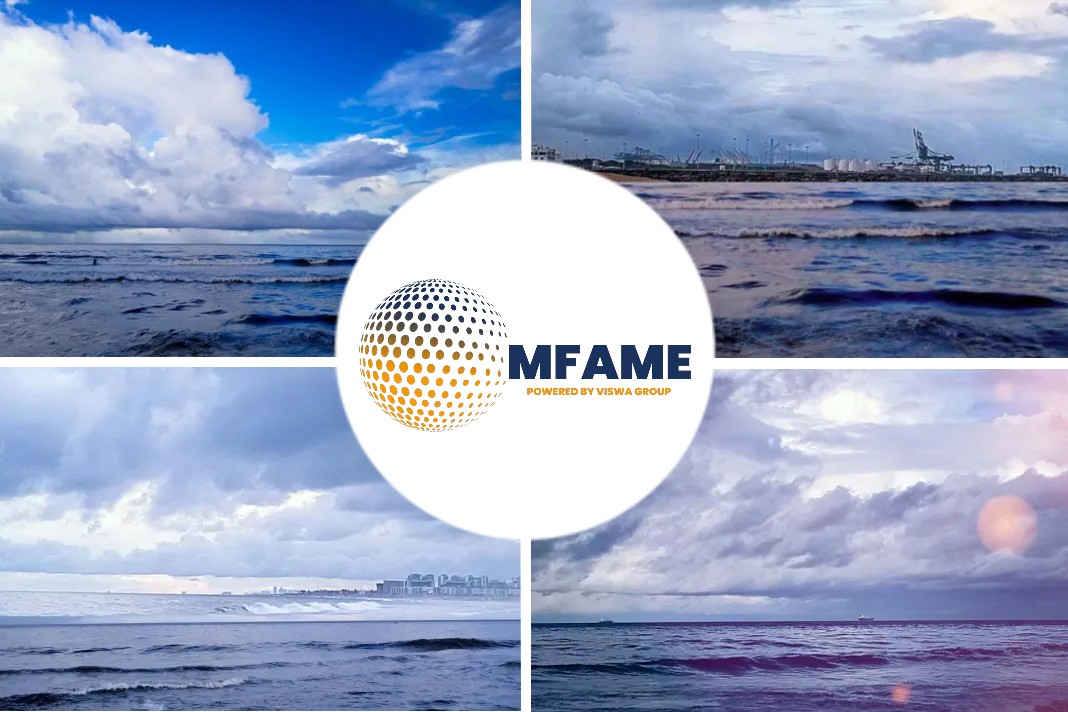- a paradigm shift is seen in seafarer treatment
- in the process, this almost runs contrary to the previous view of seafarers as being commodities
- the tremendous disruption emphasized the importance of communication while also bringing to the fore the shore-to-sea equation
- where seafarers have not had access to contact with their families it has been difficult for family members and more work needs to be done to address this
The Covid crisis has brought about a paradigm shift in the approach to seafarer welfare while also highlighting the industry’s deficiencies which will factor into its future prospects, says an article on Seatrade Maritime News.
A notable difference from the previous view
In the process, this almost runs contrary to the previous view of seafarers as being commodities noted panel chairman, National Maritime Museum director, and ex-Euronav CEO Paddy Rodgers. This really brings the whole problem into focus, as recognized by Columbia Ship Management CEO Mark O’Neil, who said: “Expectations have changed and the shift of power has changed from employer to employee.”
Covid crisis brought a difference
Being billed as a session on how to rebuild trust, relationships and reputation give an idea as to how serious an issue Covid has been for the industry over the past 18 months and the potential long-term effects on talent management.
Shore-to-sea equation
Many examples of these were highlighted. The tremendous disruption emphasized the importance of communication while also bringing to the fore the shore-to-sea equation and the remote nature of the business, said Pacific Carriers Ltd ceo Hor Weng Yew.
The question going forward is how to enhance and intensify this communication in the face of disruption to our lives, he said while reiterating that trust is key to building this up.
A stronger voice
In this sense, the inability of the industry to be able to address important issues with one voice has been a failure. “Shipping needs an urgent reflection on how to have a stronger voice and how we can sustain that visibility and energy to make sure seafarers have higher visibility in the future,” said Wright.
Limited contact with their families
Another shortcoming has been the limited ability to deal with the issue of how families can cope with the situation while their loved ones are stuck out at sea. Where seafarers have not had access to contact with their families it has been difficult for family members and more work needs to be done to address this, said, Wright.
Proper human resource management
Noting that these sorts of issues did not exist before Covid because seatime was relatively fixed and predictable, O’Neil said the most important thing the industry has realized from the Covid crisis was that the people around us are the most important thing, and this represents a fundamental shift in thinking.
Did you Subscribe to our daily newsletter?
It’s Free! Click here to Subscribe
Source: Seatrade Maritime News
















![[Watch] How a Ship Engine Works – 4 Stroke Marine Diesel Engine](https://mfame.guru/wp-content/uploads/2023/11/mfame-tanker-100x70.jpg)